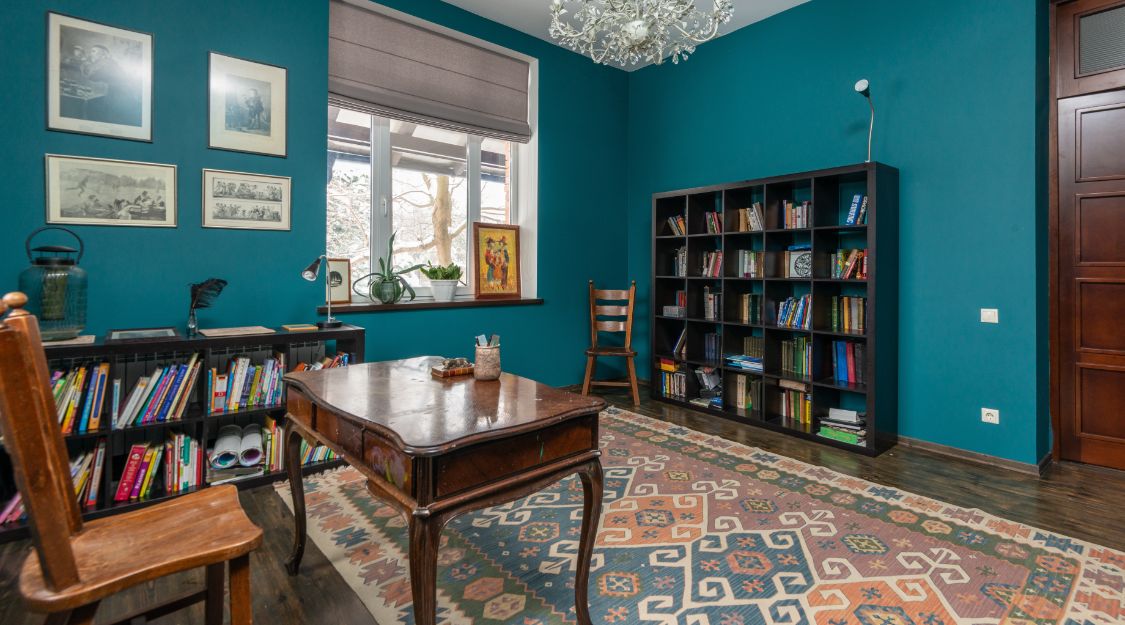Home businesses are nothing new, but with all the jobs being outsourced, more and more Americans are turning to home businesses to supplement their income. But running your own business is not without its challenges. Here are some of the most pressing questions you may have when thinking about starting your business at home.
Decide On A Winning Idea
A great idea is the foundation of any business. It motivates you to take action, and it helps you stand out from the competition. Your initial step is to consider what kind of business you want to begin. If you’d prefer to avoid selling physical products, something like drop shipping or affiliate marketing can be a great way to work from home. If you’re looking to get into affiliate marketing then finding a niche is key. Do some research and find the best niches for affiliate marketing before diving in head first. Certain niches have already been cornered and it’s best to avoid any that are too saturated.
If a physical product or service is more up your street, you will need to learn about where there are gaps in the market and basically fill those up.
Prepare A Business Plan
Business plans are a critical part of any successful business because they provide you with a clear understanding of what you are trying to achieve and how you plan on achieving it. Moreover, they will help you when you come to the stage where you want to scale up or acquire funding. The following are some of the essential elements that you should include in your business plan:
- What type of company do you want to create?
- How much money do you want to raise?
- Who are your competitors?
- What are your target customers?
- How will you market your product/service?
Your Home Business Needs To Be Registered
If you want to organize your company as an LLC or some other organization, you’ll need to officially apply to start and run a home-based business in your state. The specific steps you’ll need to take to accomplish this registration may vary depending on your state. As a result, you should seek advice from your local business bureau on how to finish your business registration. However, for most home business operations starting as a sole proprietor is the best option, and you can change as you begin to expand.
Set Up A Business Bank Account
A business bank account is a type of bank account created for the sole use of a business. This type of account is usually used to manage the expenses and income of the company. The primary purpose of these accounts is to make it easy for business owners to manage their cash flow and keep track of their expenses. They also provide a place for businesses to deposit funds and pay employees. A business bank account can be considered an extension of the business’s checking account. Still, it has some unique features that make it easier for the company to manage its finances. It also allows you or your accountant to calculate taxes and deductions correctly.
Establish Your Office
There are many factors to consider when setting up a home office, and it is essential to decide what your priorities are and make sure that you have the right equipment and furniture. Moreover, if you plan to create and ship physical products, you will need enough space to store everything from the products themselves to packaging materials.
Create A Tax Account And Learn About Deductions
Nobody can escape the taxman, no matter how large or small your business is. However, many small businesses are not always aware of the importance of paying taxes. They might think that they can afford to go without paying taxes and save some money, but they are just setting themselves up for a more considerable financial burden in the future. If you are confused by the often labyrinth tax requirements like many small business owners, you can always hire a chartered accountant to provide advice and file on your behalf. Nevertheless, while paying tax is a necessary burden of business, you should also look into what deductibles you are entitled to.
A tax deduction is a form of tax relief that allows individuals and businesses to reduce the amount of taxes they owe by claiming certain deductions. These can range from office equipment to reasonable travel costs, and can even cover things like mortgage interest deductions and investment properties. However, you should avoid getting carried away, as filing the wrong deductibles could result in a dreaded tax audit.
Market, Market, Market!
The final part of the puzzle is to market your business to achieve sales. You have numerous avenues open to you in this regard, including word of mouth, advertising, and attending trade shows. The type of marketing you do will be business-specific, meaning that you will have to conduct your own research to find out what is best for you.
The key to success in a home business is not to overextend yourself financially or underestimate the importance of a business plan. By following some of the steps outlined in this post, you should be well on your way to success.






